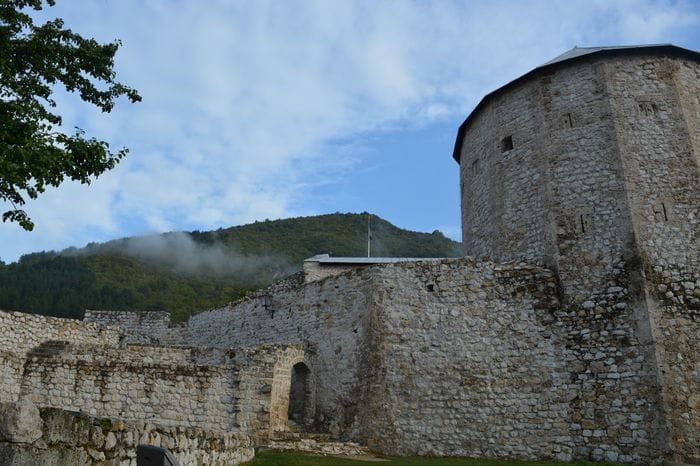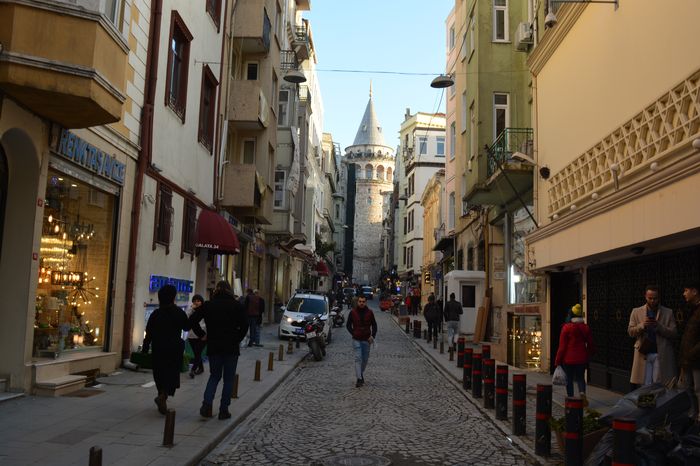Salonika, a busy port, is highly desired by Austria and, according to Berlin, will eventually belong to Germany. However, the city’s trade is a bit disorganized. The Greek flag is often seen on incoming ships, while British ships only make about thirty visits a year. Products like cotton, tobacco, and opium are more profitable than grains. Fezzes and cigarette papers are imported from Austria, with £20,000 worth of low-quality cigarette papers coming annually from there A Return to the Bazaar.
Antique Shops in the Bazaar
When you enter the dark, narrow bazaar, you will likely be greeted by an Armenian, Greek, or Jew who owns a shop selling antiques. Foreigners are known to buy unnecessary items, and they are often assumed to be rich. Even if you tell them you’re not interested in antiques (which isn’t really true), and you don’t have money to buy anything, they will insist you look at their collection. The shopkeeper will assure you that their antiques are the best in the city Walking Tour Istanbul.
Bargaining in the Bazaar
If you go into the shop, and you’re new or show any interest in something, you might end up paying too much. But if you’ve been around and know the tricks, you can bargain wisely. I spent a few afternoons pretending not to be interested, all while keeping an eye out for good deals. The shop was full of old items, like Albanian guns that could be bought for a Turkish lira (about a pound). There were also poor-quality silver carvings, chains, lamps, and ornaments, all covered in dust.
The shopkeeper claimed everything was real silver. When I scraped one piece and showed it was just copper with silver plating, he quickly explained that he had been tricked by the seller. Then we began to haggle over a silver bowl with turquoise inlays. He first asked for three lira, but I said it wasn’t worth more than a small amount. He quickly lowered the price, and in the end, he was the one who got me!








